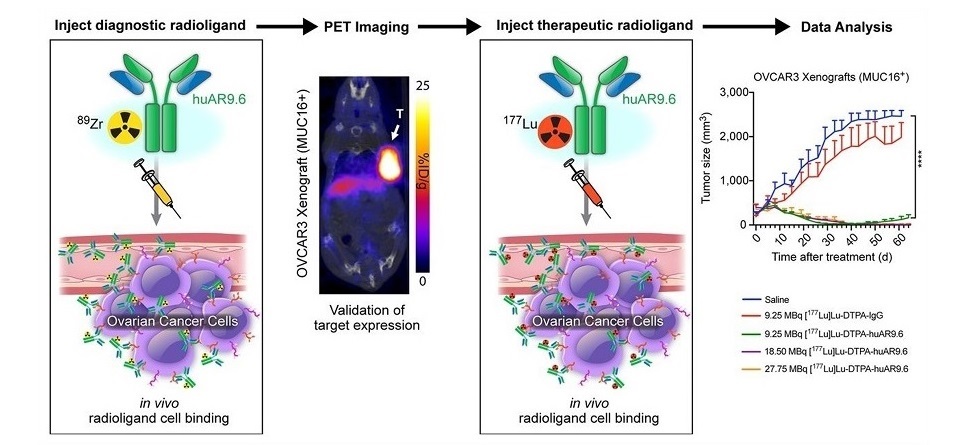Molecular Breast Imaging Strategy Reveals More Tumors
By MedImaging International staff writers
Posted on 18 Jun 2014
Patients with advanced breast cancer that may have metastasized to their lymph nodes could be helped with a stronger dose of a molecular imaging agent called Tc-99m filtered sulfur colloid when undergoing lymphoscintigraphy, a functional imaging approach that searches for new tumors as they begin to metastasize. Best results also indicate that imaging could be improved by injecting the agent the day before surgical resection, according to new research. Posted on 18 Jun 2014
The study’s findings were presented at the Society of Nuclear Medicine and Molecular Imaging’s 2014 annual meeting, held June 7-11, 2014, in St. Louis (MO, USA). “The innovative aspect of this study was our recent introduction of day-before-surgery injections for breast cancer patients,” said Donald Neumann, MD, research scientist and practicing physician from the department of nuclear medicine at the Cleveland Clinic (Cleveland, OH, USA). “Prior to this, we routinely injected patients on the day of surgery. There were several motivating factors for us to do this. Typically, surgeries begin very early in the morning, and it is very difficult to arrange all the necessary equipment, personnel, and radiotracers early enough in the morning for patients to be injected, scanned, have their images interpreted and travel [or be transported] to surgical check-in.”
The researchers also enhanced the activity of the agent as imaged by lymphoscintigraphy by increasing the standard patient dose to 3.0 millicuries of Tc-99m filtered sulfur colloid up from 0.4 millicuries.
The change in injection timing from the morning of surgery to the day prior to surgery was based on study data. Of a group of 51 patients who were imaged the day prior, 39 had cancer that had spread to their lymph nodes and 12 patients’ scans demonstrated multiple lymph node malignancies. A separate group of 49 patients were injected with the agent the morning of their surgery. Of these, 24 patients had cancer that had metastasized to their lymph nodes. Imaging performed the morning before resulted in being more sensitive for the identification of advanced breast cancer than the day of, 76% sensitive versus 49%, respectively.
Related Links:
Cleveland Clinic














